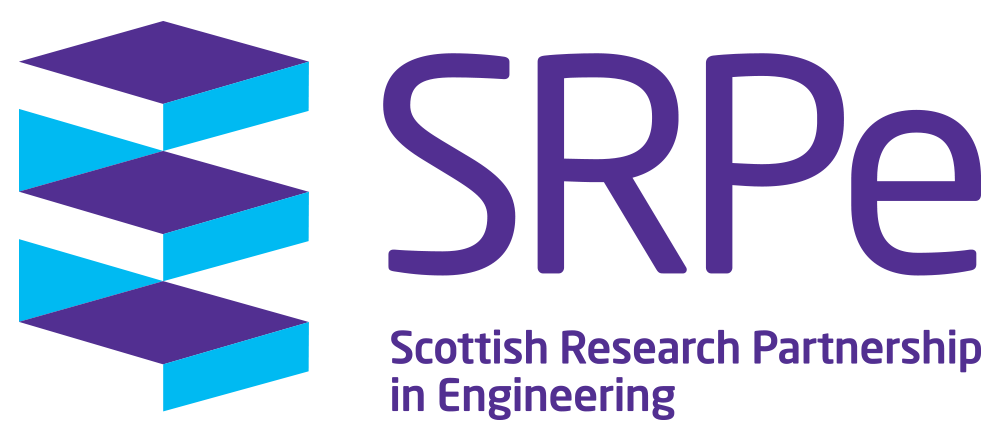A Digital Twin for techno-economic modelling and optimisation of carbon bed systems for Volatile Organic Compound (VOC) abatement in the pharma industry
Academic Institution: University of Edinburgh
Academic Supervisor: Dr Dimitrios Gerogiorgis
Industry Partner: GlaxoSmithKline (GSK)
PhD Student: Vasia Tzanakopoulou
Start Date: 1st August 2020
Published Papers:
Multicomponent, nonisothermal VOC adsorption modelling for pharmaceutical effluent purification: effect of operating conditions on bed performance: https://www.sciencedirect.com/science/article/pii/B9780323885065501133?via%3Dihub
Process Modelling and Simulation of Volatile Organic Compound (VOC) Recovery from Pharmaceutical Gas Emission Streams https://www.sciencedirect.com/science/article/pii/B9780323958790500564?via%3Dihub
Abstract
This collaborative research project between the University of Edinburgh (UoE) and GlaxoSmithKline (GSK) will employ high-fidelity numerical modelling to capture, visualise and optimise the design and operation of organic solvent removal processes.
In particular, this project aims to combine first-principles (physics-based) and data-driven process modelling, in order to create and use a Digital Twin (advanced performance evaluation model) of carbon beds installed at the GSK Montrose production site, whose function is to capture Volatile Organic Compounds (VOCs) from gas effluents. Current VOC capture technology (adsorption in carbon beds) faces dire challenges due to the highly variant incoming feed composition and organic solvent loads, but also due to the frequent and expensive need to outsource the regeneration of activated carbon overseas.
The Gerogiorgis research group employs high-fidelity first-principles modelling and advanced numerical methods for systematic synthesis, design and optimisation of complex chemical processes, with emphasis on continuous pharmaceutical manufacturing and comparative technoeconomic analyses for pharmaceuticals (Fig. 1), bioproducts, food/drinks and energy. Their research is recognised with multiple IChemE awards, and a RAEng Industrial Fellowship.
GSK is a world-leading corporation and the largest pharmaceutical company by value (and headquartered) in the UK, manufacturing hundreds of societally critical (prescription medicines, vaccines) and consumer healthcare products. The GSK Montrose site houses many manufacturing units: several produce critical Active Pharmaceutical Ingredients (APIs) for respiratory medicine (Advair-Ventolin-Flovent), HIV medications (Kivexa-Trizivir) and excipients for GSK vaccines.
This project will develop computational tools and methodologies to address VOC capture (carbon bed) performance challenges. Ultimately, this will lead to higher effluent processing unit efficiency and much lower (VOC gas leak) environmental risks, which in turn imply lower Operating Expenditures (OpEx) and pave the way for lower manufacturing and drug costs at even higher plant efficiency.
